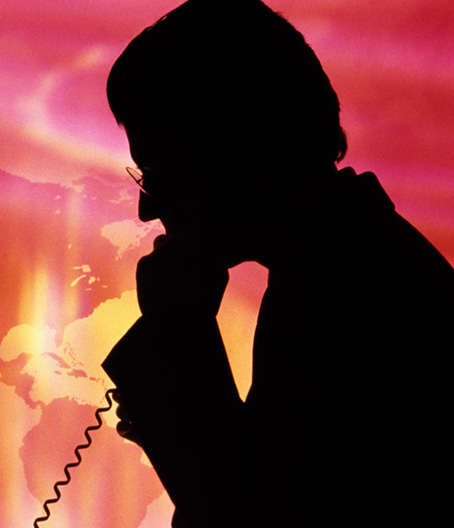Lone actor terrorists act without direct command and control from a wider network, and it is assumed that without such communications they may evade the ‘tripwires’ that would usually bring them to the attention of the authorities.
A study by the defence and security think-tank RUSI (ROyal United Services Institute) argues that ‘lone actors should not be considered as detached as is often presumed’ and claims that ‘the machinery of counter-terrorism is not well attuned to detecting a significant aspect of the lone-actor terrorist threat’.
While the focus for authorities is on religiously-inspired lone actor extremists, a number of far-right extremists may go undetected. Most, 88 per cent of religiously-motivated terrorists were caught through intelligence-led intervention, while 40 per cent of right-wing extremists were ‘uncovered with an element of chance’, according to the institute.
Titled ‘Countering Lone-Actor Terrorism’, the study is led by RUSI and a consortium of policy institutes including Chatham House, the Institute for Strategic Dialogue (ISD) and the University of Leiden. Their findings are published in 11 papers. The 18-month study has analysed a database of 120 lone actors from across Europe in order to improve understanding of lone-actor terrorists, their behaviour, and their activities in the period leading up to their intended attacks. It outlines the policy implications of analysis of perpetrator behaviour, ‘leakage’ of extreme views or intention to act, and interactions with public authorities in the time leading up to the attack.
This study found that religiously inspired perpetrators ‘tended to exhibit indicators of extremism to friends or family, whereas right-wing terrorists were more likely to signal their extremist views online. As for implications, the study calls for public awareness programmes highlighting the threat in a non-alarmist fashion; and targeted campaigns on social media for far-right extremists, and through families and social networks for religiously inspired threats.
To access publications visit the RUSI website: https://rusi.org/projects/lone-actor-terrorism










